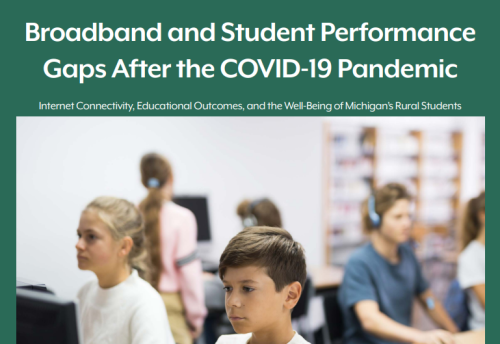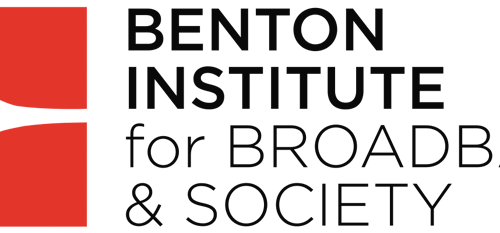May 22, 2019, room 408, 12:00-1:00PM
Digital entrepreneurship is widely believed to be an engine for Africa’s development in the 21st century. From Mark Zuckerberg to Emmanuel Macron and Paul Kagame, technologists and policymakers have proposed that digital technologies are enabling Africa to “leapfrog” and experience ground-breaking economic progress. Yet, in any imaginable measure for digital economies, Africa does far worse than any other continent, and global divides seem to be widening. In this book, we grapple with the large gap between boundless ambition and sobering statistics. We draw on a five-year empirical research project, including fieldwork in 11 African cities. We show that the average African digital enterprise is unable to grow exponentially, scale internationally, attract venture capital, or disrupt cumbersome analog value chains. Instead, we see entrepreneurs who are creatively and productively applying and adapting digital business models to their local contexts. This has many of the wished-for positive socio-economic effects, just not at the rate and scale that the widespread narratives suggest. Our book thus builds a nuanced review of what the digital revolution means in, and to, the world’s economically most marginal places.

Dr. Nicolas Friederici studies how economic development happens in the digital age, and how the opportunities of digital technologies unfold unevenly in different places and for different actors. He holds a dual appointment as Research Group Lead Innovation & Entrepreneurship at the Humboldt Institute for Internet and Society (HIIG) in Berlin and as Postdoctoral Researcher at the Oxford Internet Institute (OII). At HIIG, Nicolas leads projects on inequality in the global digital economy, platform entrepreneurship in Europe, and the digitization of German small and medium-sized enterprises (Mittelstand). At the OII, he studies digital entrepreneurship and innovation hubs in Africa. He was a visitor at SCANCOR in Stanford, a Clarendon Scholar, and grantee of the Skoll Centre for Social Entrepreneurship. Earlier, Nicolas worked for the Mobile Innovation for Development program at infoDev (World Bank). He was a Fulbright scholar at Michigan State University, where he did his MA in Telecommunications, Information Studies and Media. Nicolas also holds a Diplom in Media Management from the University of Cologne. He continues to be active as a consultant: recently, he helped the World Bank assess digital entrepreneurship ecosystems in Bangladesh and the Caribbean and contributed to UNCTAD’s 2019 Information Economy Report.
Online: If you are not able to join in person, please join online via Zoom, https://zoom.us/, Meeting ID: 663 036 200.



